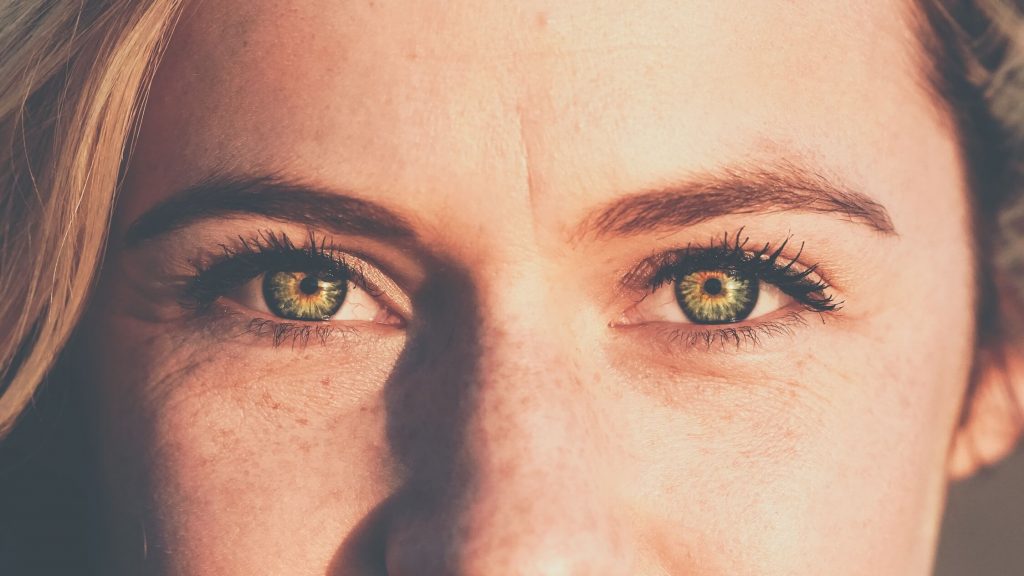New safety testing for the cosmetic injection Botox, will spare the lives of hundreds of thousands of mice annually, says Cruelty Free International (CFI). The group reports that major French pharmaceutical company Ipsen is replacing its animal testing methods with cell-based procedures.
“Together with our coalition partners in the European Coalition to End Animal Experiments (ECEAE) we have campaigned against the use of mice in cruel poisoning tests for botox for several years,” the group noted on its website. “At this year’s annual European Week of Action we urged Ipsen to use a more humane animal-free test for its botox products.”
The victory was nearly a decade in the making for CFI, which first exposed Ipsen’s mice tests at Wickham Laboratories in Hampshire.
“Our investigation revealed the killing of mice on the floor with pens and a failure to prevent extreme suffering. Although a Home Office investigation found Wickham guilty of causing unnecessary animal suffering, they continued to licence the laboratory to use up to 100,000 mice in tests every year.”

Botox is the popular injection-based cosmetic treatment that temporarily reduces the appearance of fine lines and wrinkles. It relies on a bacterium that can cause botulism, but when injected into the skin, can also freeze and plump, making skin appear younger. It’s favorited among celebrities, particularly during awards season, but it also has medical applications, such as treating eye and muscle issues.
The move away from animal testing comes as consumers are seeking more cruelty-free cosmetics products and procedures than ever before. The number of cruelty-free and vegan cosmetics products rose by 175 percent in the last five years and are expected to continue to increase to meet the growing demand.
“We are delighted that Ipsen has successfully gained the approval of a non-animal alternative in Europe. This will put an end to the cruel killing of hundreds of thousands of mice for the testing of botox products,” Dr. Katy Taylor, Director of Science at CFI said in a statement. “It is unacceptable that animals go through an agonizing death for a product used for cosmetic purposes when a non-animal alternative is available. We urge other botox companies to make cruel botox animal tests a thing of the past.”


